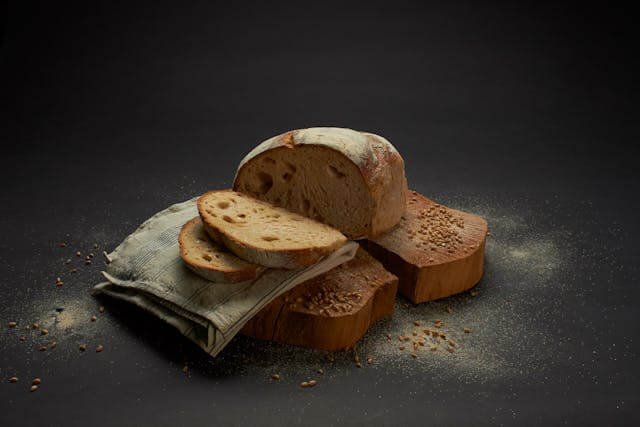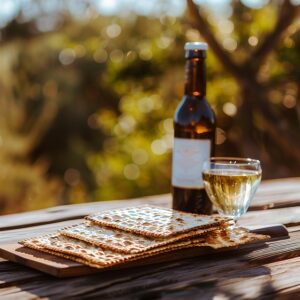Essence of the Prohibition:
The Sages forbade eating bread baked by a non-Jew to prevent social closeness that might lead to intermarriage. This prohibition applies even when there is no realistic concern of marriage.
When the Prohibition Applies:
Only if the non-Jew baked the entire product by himself.
Permitted if a Jew participated in the baking process (even just by lighting the oven).
Bread baked by a non-Jew in his private home is forbidden in all cases unless a Jew participated in the baking.
Differences Between Communities:
Ashkenazim: Tend to be lenient with bread from non-Jewish commercial bakeries (“Pat Palter”).
Sephardim: Tend to be strict and only allow it when no comparable Jewish-baked bread is available nearby.
In Israel: The prohibition is widely observed; all kosher certification agencies follow the stricter position and do not certify bread baked solely by non-Jews.
Cooking vs. Baking:
Baked goods fall under “Pat Akum” (non-Jewish bread), which is treated more leniently.
Cooked or fried foods fall under “Bishul Akum” (non-Jewish cooking), which is more stringent.
Soft-batter cakes (e.g., pancakes, sponge cakes) are considered Bishul Akum.
Technical Considerations:
If the oven has a safety mechanism that turns it off when the door is opened, kosher supervisors must use a workaround (like a “ner tamid” – a continuously running heating element).
Breads made from non-standard grains (not the five species of grain) are treated as Bishul, not Pat.
Practical Guidelines:
For Mehadrin standards: Only a Jew may bake or fry.
Pat Palter (commercial non-Jewish bakery bread): Permitted only when no equivalent Jewish bread is available.
Jewish participation in baking: Permits the bread.
Cakes with toppings or fillings: Each component may require separate consideration (baking vs. cooking).
Leniencies in Certain Cases:
If non-Jewish bread was mixed into another food, it is permitted if it is not visibly present or the main ingredient.
| Term | Definition | Reason for Prohibition | Halachic Status | Common Exceptions |
|---|---|---|---|---|
| Pat Akum | Bread baked by a non-Jew | Social mingling that may lead to intermarriage | Forbidden by rabbinic decree | Permitted when no Pat Yisrael is available (depending on custom) |
| Pat Paltar | Bread baked by a non-Jewish professional baker for sale (not home-baked) | Same as above, but less personal interaction | More lenient – often permitted | Widely relied upon when Pat Yisrael is not easily available |
| Pat Yisrael | Bread baked by a Jew or where a Jew lit the fire | No prohibition | Fully permitted | Preferred for mitzvah observance and stricter communities |
Nachman Harris. Kosher Expert.
Available for any of your questions






